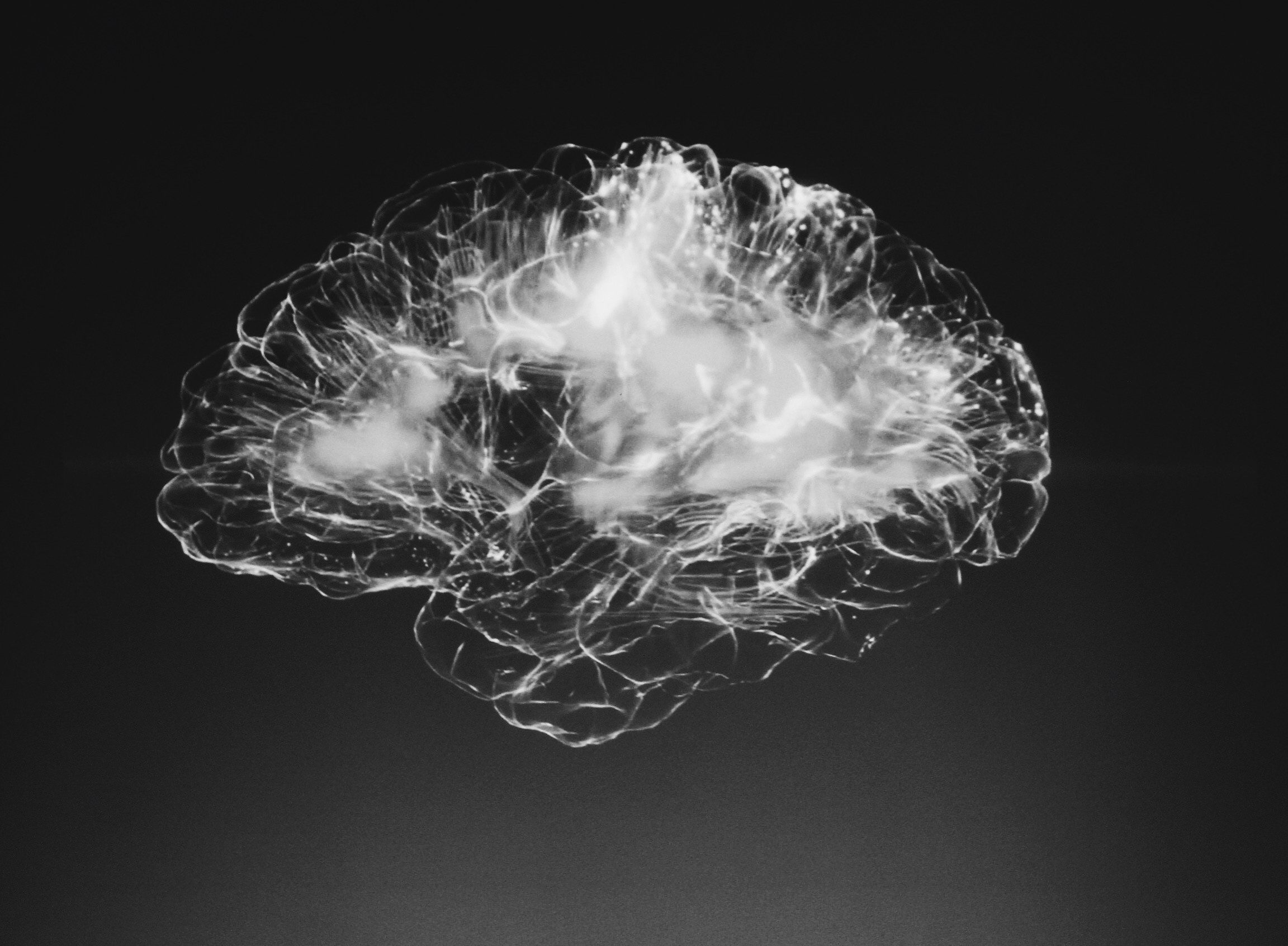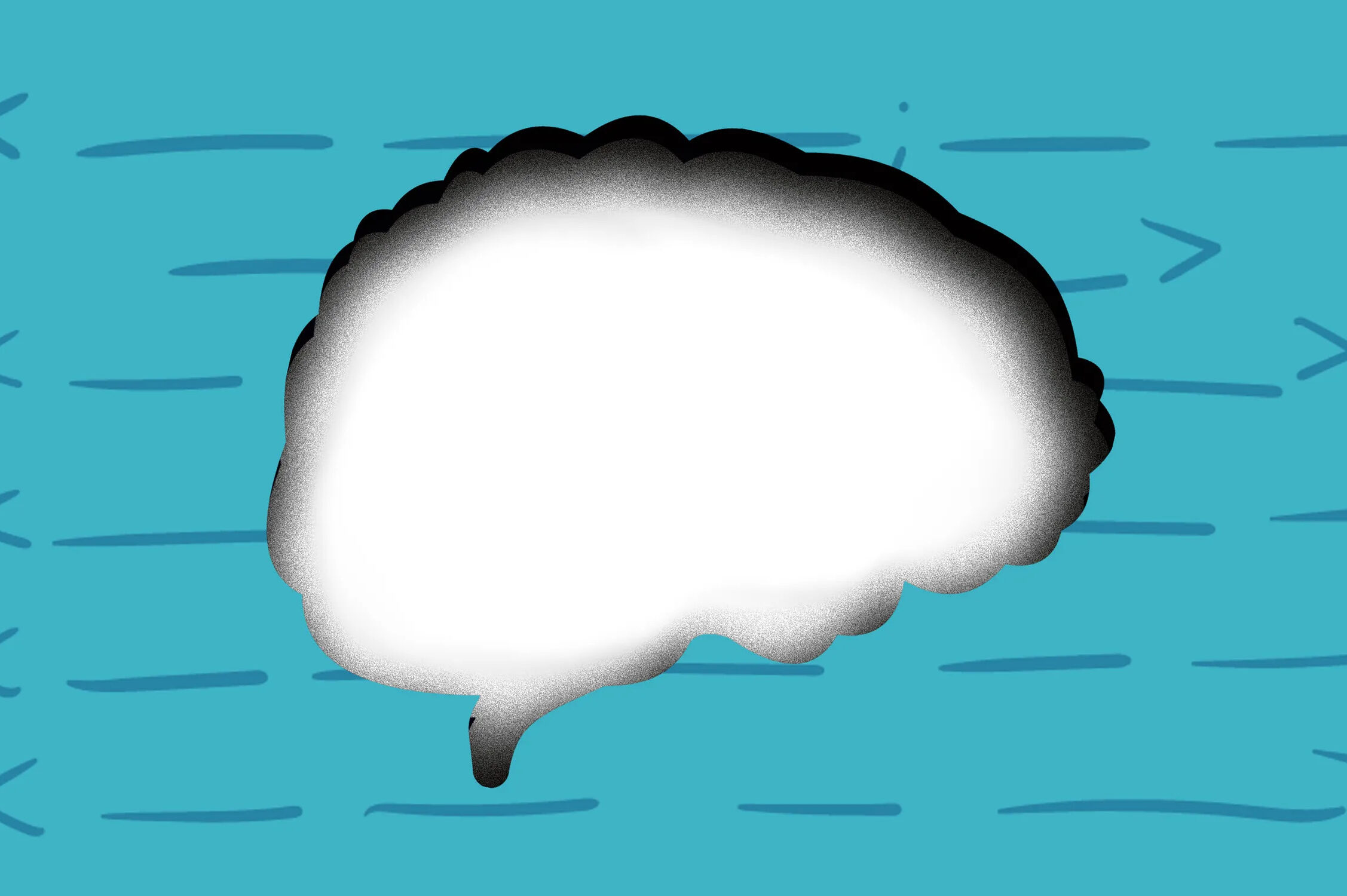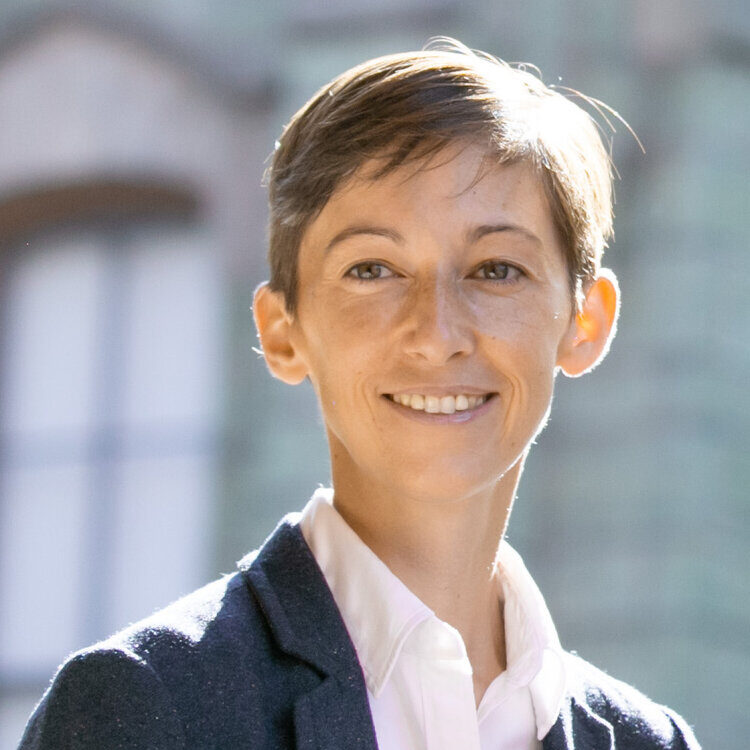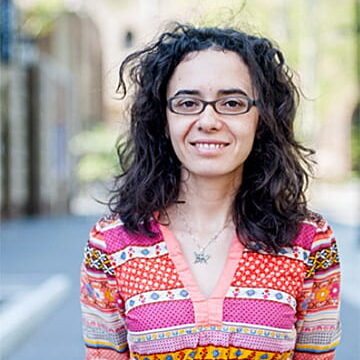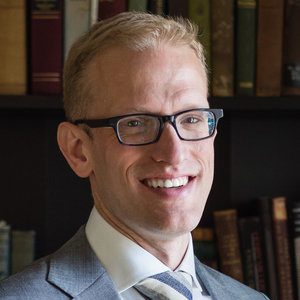Recent advances in network science have greatly increased our understanding of the structure and function of many networked systems, ranging from transportation networks and ecosystems to biochemical and gene transcription pathways. By integrating tools from data analysis, mathematical modeling and statistical inference with network science, our faculty work to determine fundamental organizational principles of biological processes.
This cross-disciplinary research brings together faculty with interests in molecular, cellular and organismal biology, mathematics, statistics, chemistry, engineering and more. Work in this field by Warren Center affiliates includes developing mathematical tools to understand how brain networks reconfigure over time, using machine learning algorithms to infer RNA biogenesis, looking at neural modeling to understand how information is processed in the nervous system, and using computational algebraic geometry techniques for estimating evolutionary trees.

